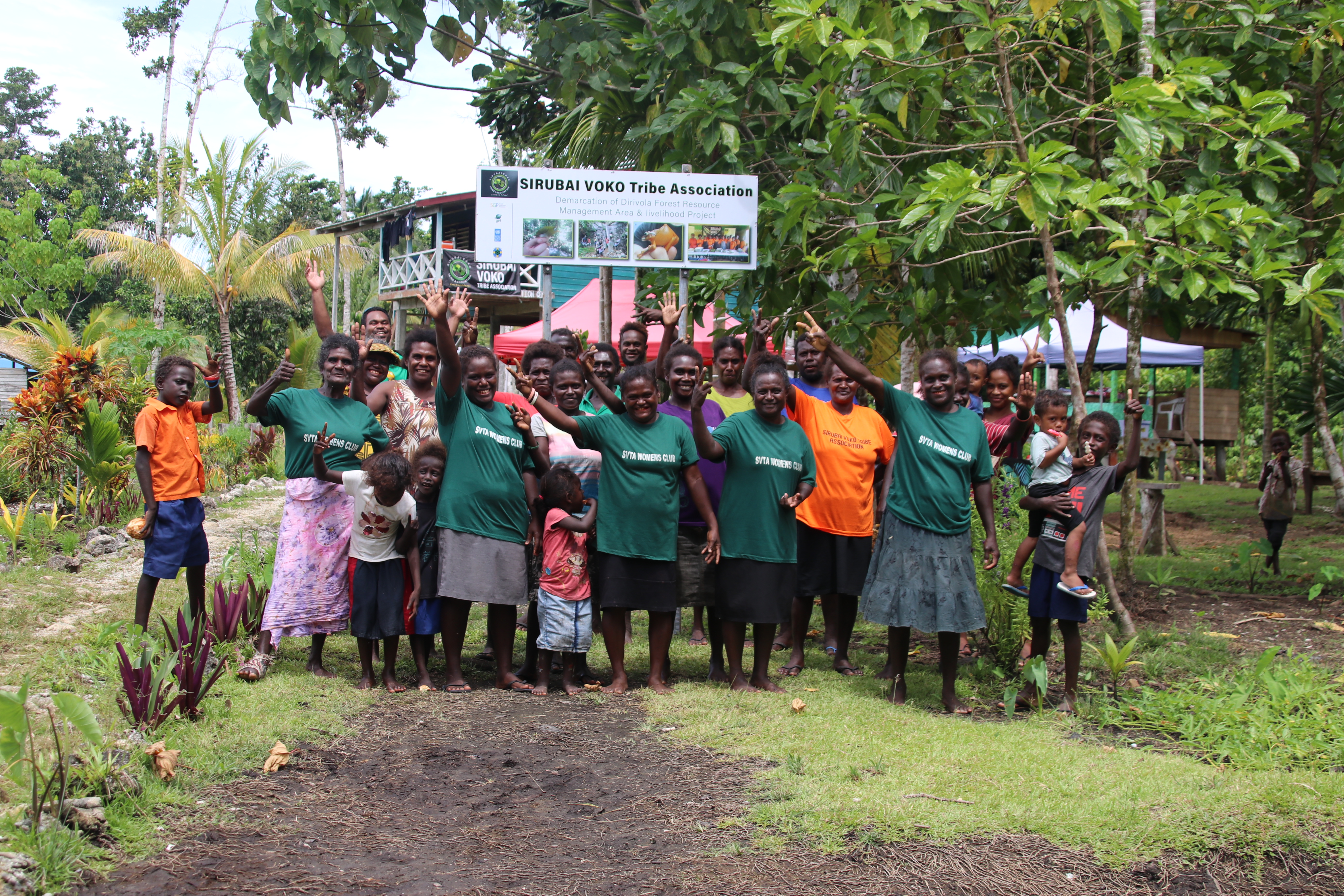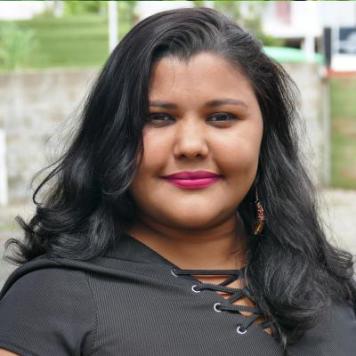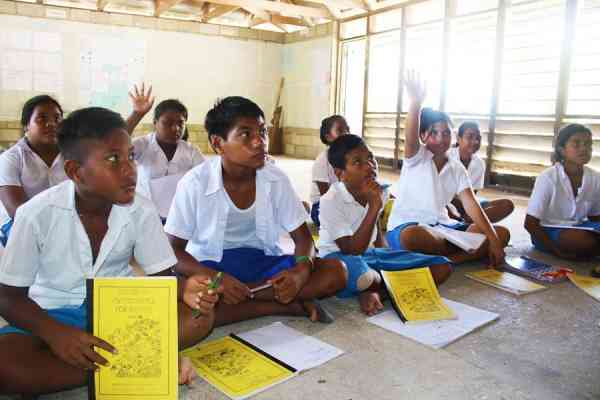In a world grappling with deforestation and the alarming loss of biodiversity, a remote community in Solomon Islands stands as a shining example of conservation and environmental stewardship.
Solomon Islands, a nation composed of hundreds of islands in the Pacific Ocean, is celebrated for its stunning natural beauty. Among its crown jewels are the rainforests that once covered a significant portion of its landmass. When unmarred by human interference, these virgin rainforests harbour a staggering diversity of flora and fauna, including endemic species found nowhere else on Earth.
However, in recent decades, the Government of Solomon Islands has recorded widespread destruction and loss of virgin rainforests to logging, often conducted illegally. Solomon Islands currently exports 19 times more timber than is sustainable, and the Government predicts that, at the current rate of deforestation, all the nation’s natural forests will be exhausted by 2036. Coastal and marine areas face similar challenges from pollution, over-exploitation, and climate change.
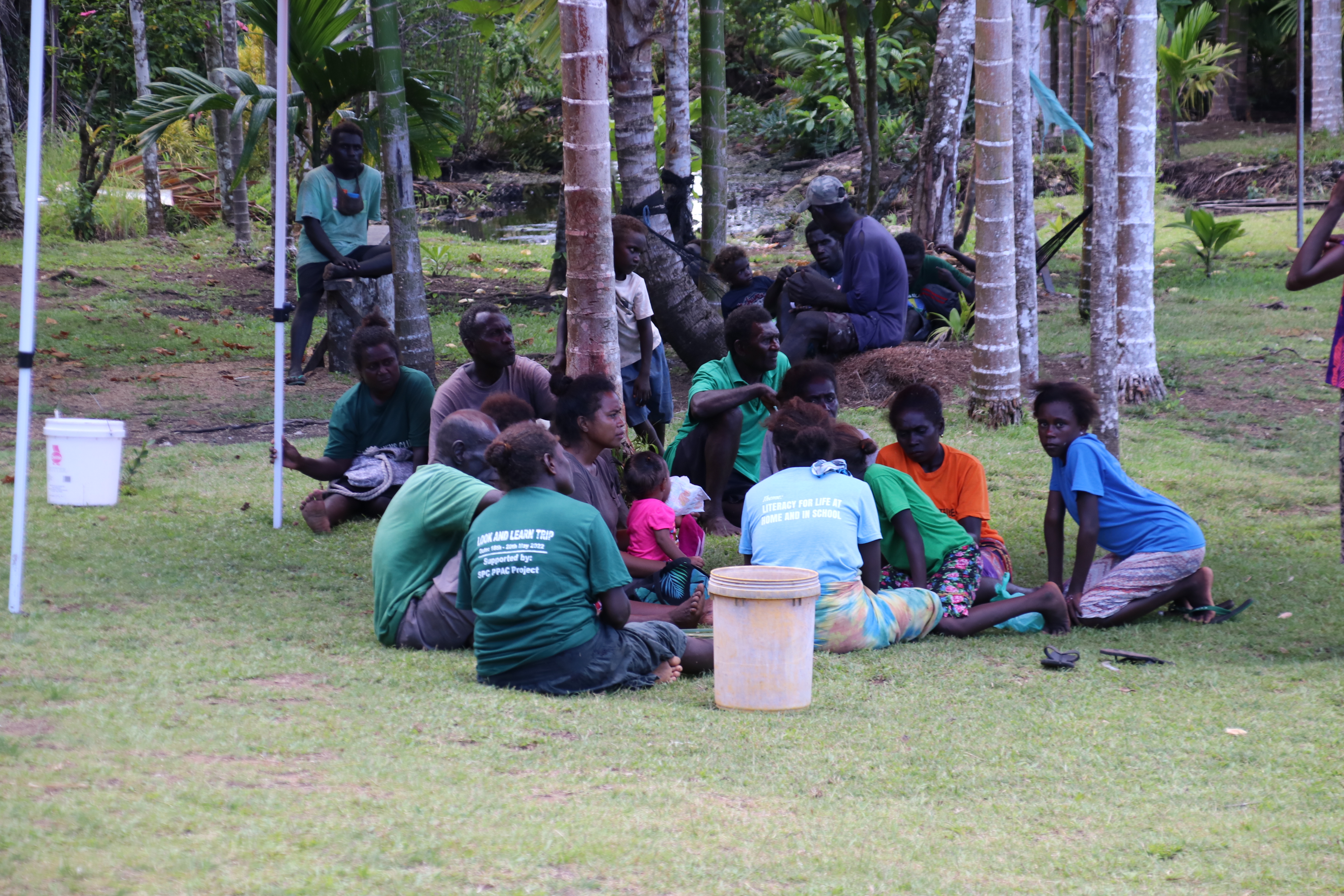
Psiju’s Sirubai Voko Tribe Association (SVTA) is a community-based non-government organisation formed by women, youth, and men on the island to lead the preservation initiatives of their virgin rainforests. Their unwavering commitment to preserving this natural paradise has become a beacon of hope for future generations and a testament to the power of community-driven initiatives in the face of environmental challenges.
SVTA women representative Ms Keith Tovakere shares that the community members have what they call a ‘community rangers’ programme, which helps them monitor their virgin rainforests for illegal logging activities regularly. The community rangers programme works closely with the national rangers programme and reports to them on a regular basis.
“Our community rangers programme is very important because it helps us to monitor and safeguard our resources and especially our natural rainforests. We want to ensure that all our natural resources and biodiversity are protected for our future generations,” Ms Tokavere said.
Ms Tokavere shared that only male rangers were initially carrying out the rainforest protection work in their community; however, through the support provided by SPC’s Pacific People Advancing Change (PPAC) programme, the women members of the community also became part of the programme.
She shared that, for the SVTA members, their community’s very existence revolves around their relationship with the land and its remarkable biodiversity.
Ms Tokavere added that her community recognises the intrinsic value of the rainforests as a source of sustenance, cultural heritage, and spiritual connection.
“The protection of our resources, our rainforests, biodiversity, and environment are the responsibility of all members of our community. We are thankful for the support provided by PPAC and SPC because it empowered the women in our community to join the rangers programme to support and assist in the protection of our resources,” Ms Tokavere said.
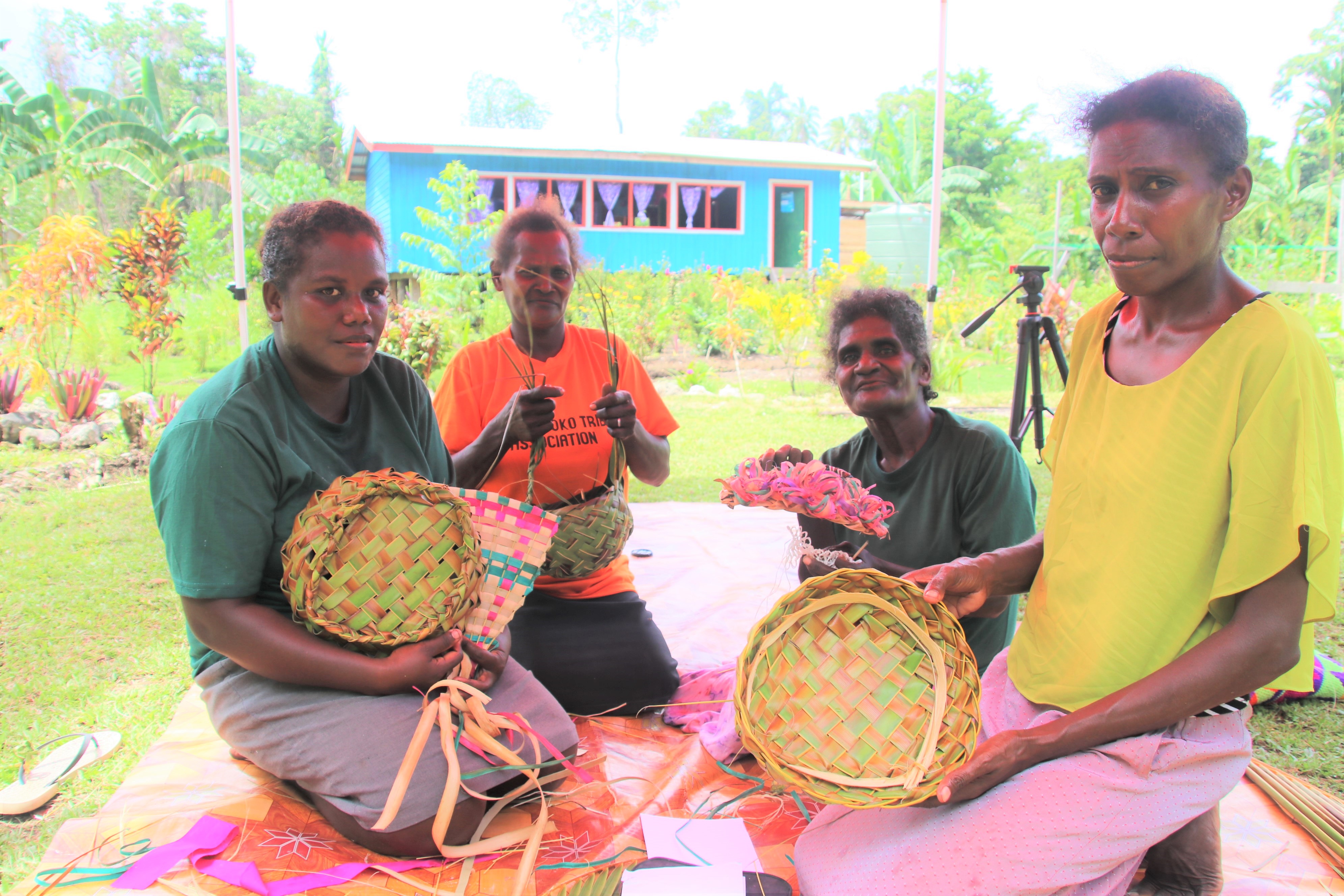
“Through the support from SPC’s PPAC, our women representatives and youth attended the “Look and Learn” workshop, and we learnt about sustainable livelihood practices as well as about marine protected areas and different breeds of seaweeds,” Ms Tokavere shared.
“We learnt about five varieties of seaweeds, and we brought the seedlings back from the workshop and planted them around our island; however, only two of those varieties have survived,” she added.
Ms Tokavere said seaweed is a very important source of food for the people on her island and the nearby communities, and that is why the community members, especially the youth, strictly monitor the marine protected area where the seaweed is being cultivated.
“The marine protected area ensures that the seaweed is not overharvested or wrongly harvested so that it is sustainable. Wrongly harvesting the seaweed could hinder its growth and kill the species; therefore, we protect it so that we are able to grow and share this important food resource,” Ms Tokavere noted.
As a result of this experience and the knowledge gained, the group determined to create marine protected areas around their island community.
For 24-year-old Mr Relson Bara, the community rangers programme empowers young people to take ownership of protecting their natural resources.
“The rangers programme allows the young people to take control of our resources and help in its preservation.
“This approach empowers the youths of our community to make informed choices that prioritise the long-term health of our forests and the conservation of biodiversity and marine protected areas so that we are able to secure it for our future generations,” Mr Bara said.
The conservation efforts of this remote Psiju community and the Sirubai Voko Tribe Association have yielded remarkable results, preserving an exceptional wealth of biodiversity, environment and food resources.
Mr Jonathen Bukiri, a member of SVTA, shares, “We hope that through the preservation of our rainforests from illegal logging activities, several species of animals once endangered or on the brink of extinction will experience population recoveries, especially through the community's unwavering dedication to sustainable practices.”
The model developed by this community serves as an inspiring case study, offering valuable lessons and insights into effective environmental conservation for other communities facing similar challenges.
In an era where the battle to preserve our planet's natural wonders has become increasingly urgent, this remote community in Solomon Islands shines as an exemplar of environmental stewardship.
SPC’s PPAC programme is proudly supported by the United States Agency for International Development through its PROJECT Governance programme, the European Union through the Spotlight Initiative and the governments of Australia and Sweden.
